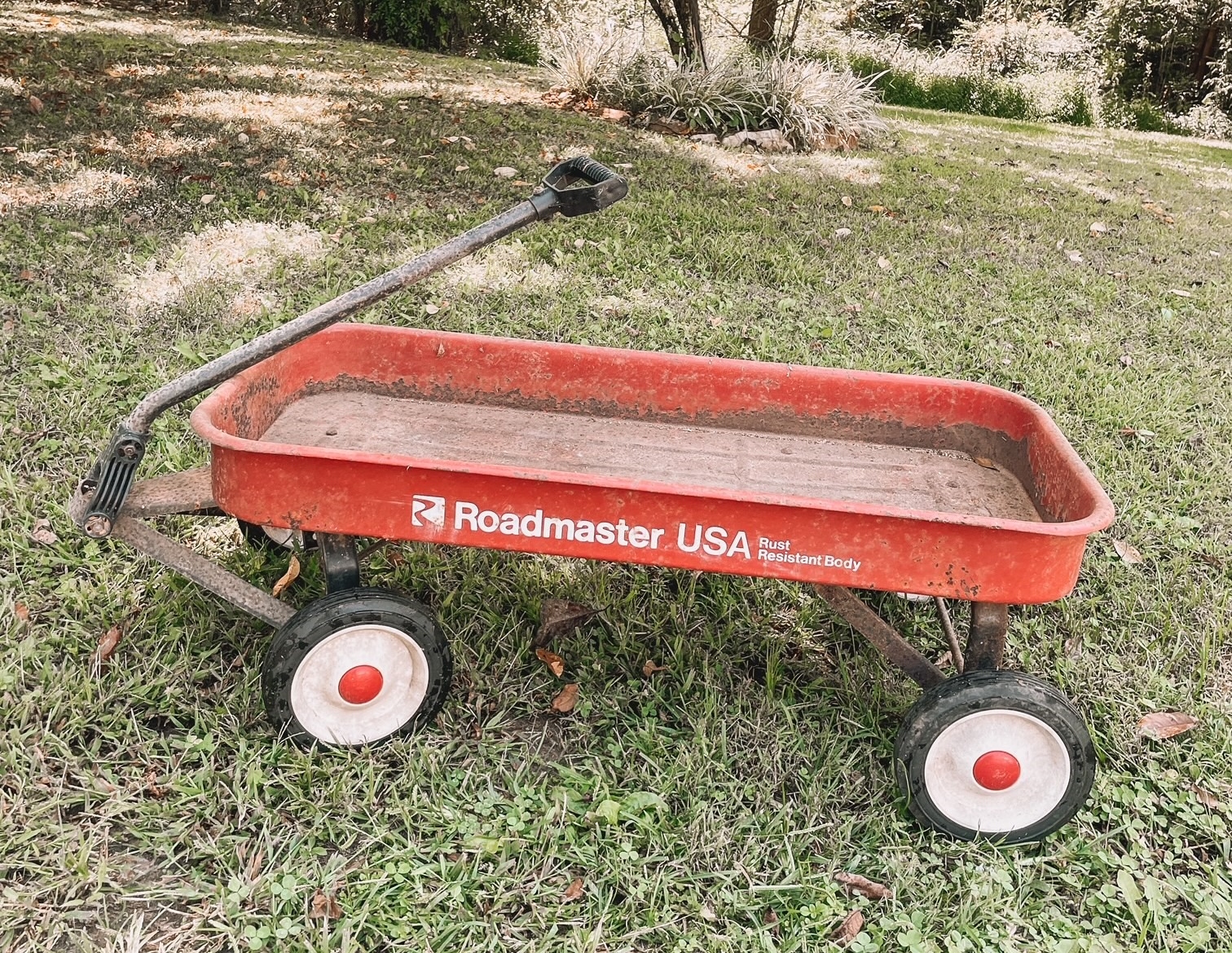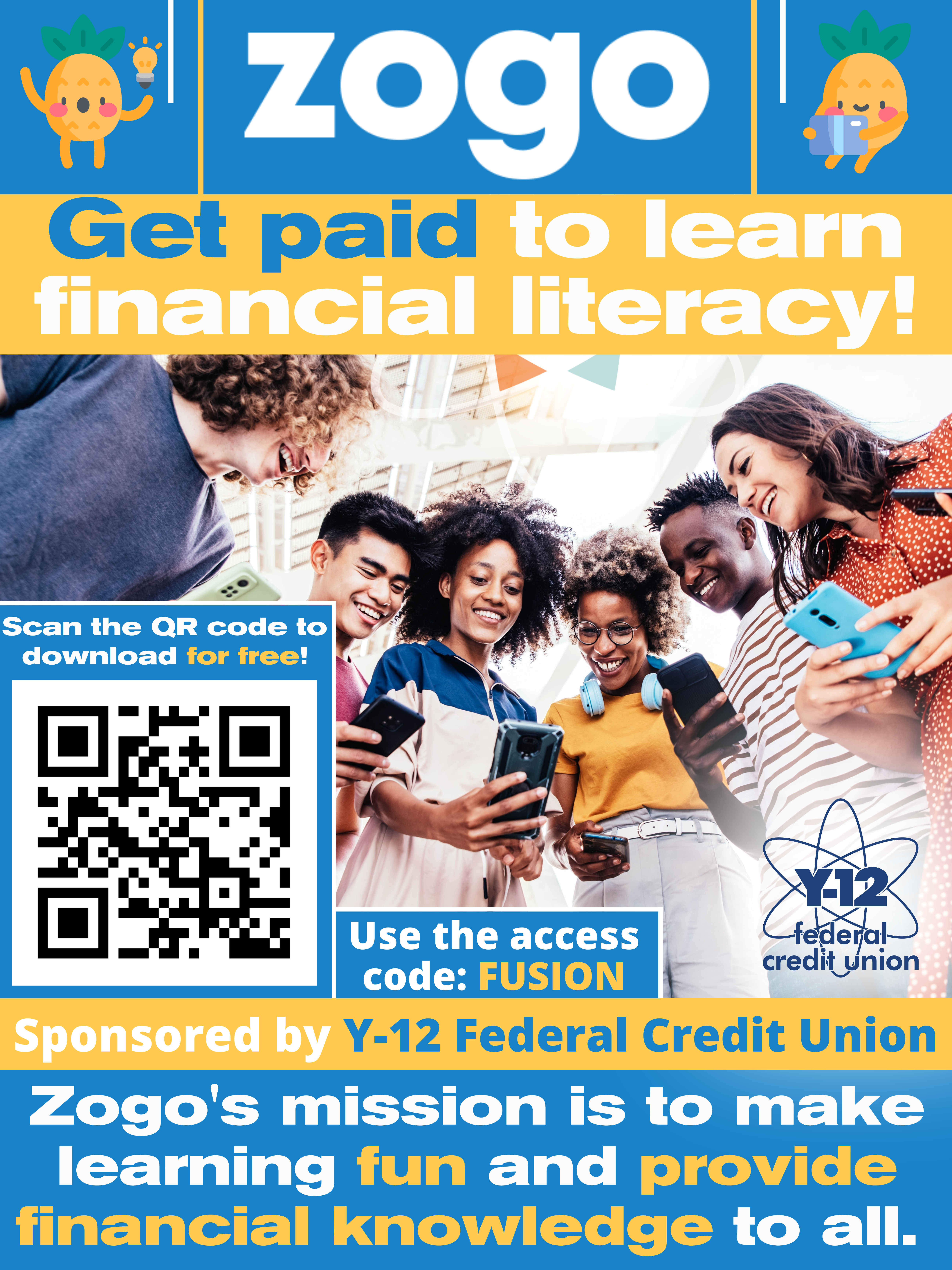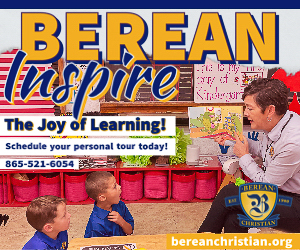As a little girl raised in Georgia, I had the privilege of growing up near my mother’s parents, or as I called them, Nana and Granddaddy. Both lived through the Great Depression. My grandfather was also a WWII veteran. Through these experiences, Nana and Granddaddy had a pearl of wisdom that came only through “living it.” If I heard them say it once, I heard it a million times: “Alicia, don’t you know that pennies make dollars?”
This post is brought to you by our partners at Y-12 Federal Credit Union.
When I was around seven-years-old, my granddaddy loaded up his beat-up brown Ford pick-up with my Red Roadmaster wagon which was full of rolled pennies and me. I was about to see that indeed, pennies make dollars. Back then, he sat on the board of directors for a bank, and we were on our way to opening my first account. I didn’t understand at the time, but he was doing so much more than opening a savings account for his granddaughter; he was leaving a legacy. We had deposited around $300 in rolled pennies by the time my wagon was empty. It took me years to understand the magnitude of what he did that day, not just as a grandpa, but more as a giver and teacher.
 Oddly enough, over 35 years later, I am employed by a financial institution, Y-12 Federal Credit Union. I represent our organization as the Director of Public Relations and Community, and serve as the Executive Director of the Y-12 FCU Gives Foundation. Part of my responsibility is to lead the financial education efforts on behalf of the credit union. This is a fundamental unit of our organization. Our youth are in indispensable need of financial education.
Oddly enough, over 35 years later, I am employed by a financial institution, Y-12 Federal Credit Union. I represent our organization as the Director of Public Relations and Community, and serve as the Executive Director of the Y-12 FCU Gives Foundation. Part of my responsibility is to lead the financial education efforts on behalf of the credit union. This is a fundamental unit of our organization. Our youth are in indispensable need of financial education.
I heard one economist explain that the lack of financial education among young people was the greatest unspoken epidemic of our time. If that’s not scary enough, how about these statistics:
63% of Millennials feel anxious when thinking about their financial situation. [SOURCE: TIAA Institute]
About 4 in 7 Americans are financially illiterate and report being unable to manage their finances. [SOURCE: Walden University]
When it comes to financial literacy, people are least knowledgeable about topics related to financial risk. [SOURCE: TIAA Institute]
9.38% of adults have less than $1,000 saved for financial emergencies. [SOURCE: PwC]
For parents, these statistics should set off major alarms. And as parents, I know that setting your child(ren) up for a successful future takes the lead role in how you help them navigate life. Good news: Y-12 Federal Credit Union is here to help you and your children understand and begin to manage your finances. Our Fusion Financial Outreach team works with over a dozen high schools in East TN, multiple higher education institutions, and various community organizations.
How?
Y-12 FCU’s Fusion Outreach connects people to smart financial behaviors through unique financial literacy programs and outreach initiatives to inspire change, transform individuals, and serve our community. Not only do we empower teachers through classroom workshops and hands-on support, but we also offer student learning opportunities in a digital setting. For example, we have partnered with Zogo to offer FREE financial literacy through the simple use of an app. Kids will learn critical financial topics pertinent to their age demographic while getting rewarded for their engagement. In addition, users can redeem those points for gift cards to various popular retailers.
 All in all, here’s the deal. I don’t possess a fraction of the wisdom of my grandparents. I’m still learning myself as a mother of three, a wife, and a person. But here is what I can confidently tell you: the earlier we can instill intelligent financial habits in children, the better we prepare them for the future. We must share with them how to save, when, and how much. Young people need to be aware of the value of a dollar and how hard it is to earn. We would be wise to help their knowledge grow in terms of wastefulness. They need to grasp checks and balances and have a high level of awareness of how taxes work and some understanding of investments. One of the most critical topics is debt. Not all debt is wrong, and kids need to know this. But, a lot of debt is dangerous and strains our lives in many ways. Young adults can better stay on track when they know how to use a credit card correctly.
All in all, here’s the deal. I don’t possess a fraction of the wisdom of my grandparents. I’m still learning myself as a mother of three, a wife, and a person. But here is what I can confidently tell you: the earlier we can instill intelligent financial habits in children, the better we prepare them for the future. We must share with them how to save, when, and how much. Young people need to be aware of the value of a dollar and how hard it is to earn. We would be wise to help their knowledge grow in terms of wastefulness. They need to grasp checks and balances and have a high level of awareness of how taxes work and some understanding of investments. One of the most critical topics is debt. Not all debt is wrong, and kids need to know this. But, a lot of debt is dangerous and strains our lives in many ways. Young adults can better stay on track when they know how to use a credit card correctly.
These are just a few of the many support vehicles we offer. Our team is passionate and committed to changing the trajectory of this financial education crisis. We are starting right here at home in East TN. Maybe you’re a mom and don’t know where to start the conversation. Connect with us. We’d love to help you for as long as you and your child(ren) need us. In the meantime, here are some quick and easy tips to get the conversation started.
Be open and honest about your family finances with your children. They need to see the family’s economic engine in motion.
Don’t just say “no” when your child asks you to buy something new. If you say no, explaining why and what other financial needs take precedence is OK.
You are your child’s best teacher. They are watching your habits to form their own. Give them something good to follow.
Reduce waste everywhere you can.
Encourage saving if you reward through an allowance or if your child is gifted money. Do it now if you have not opened a savings account for your child(ren). They will thank you later. That doesn’t mean all the money has to go to savings. Hold out a small amount so they understand the reward.
Get out of debt if you are in it. Let them experience the process with you. It will tremendously equip them for when it’s their turn to manage.



















